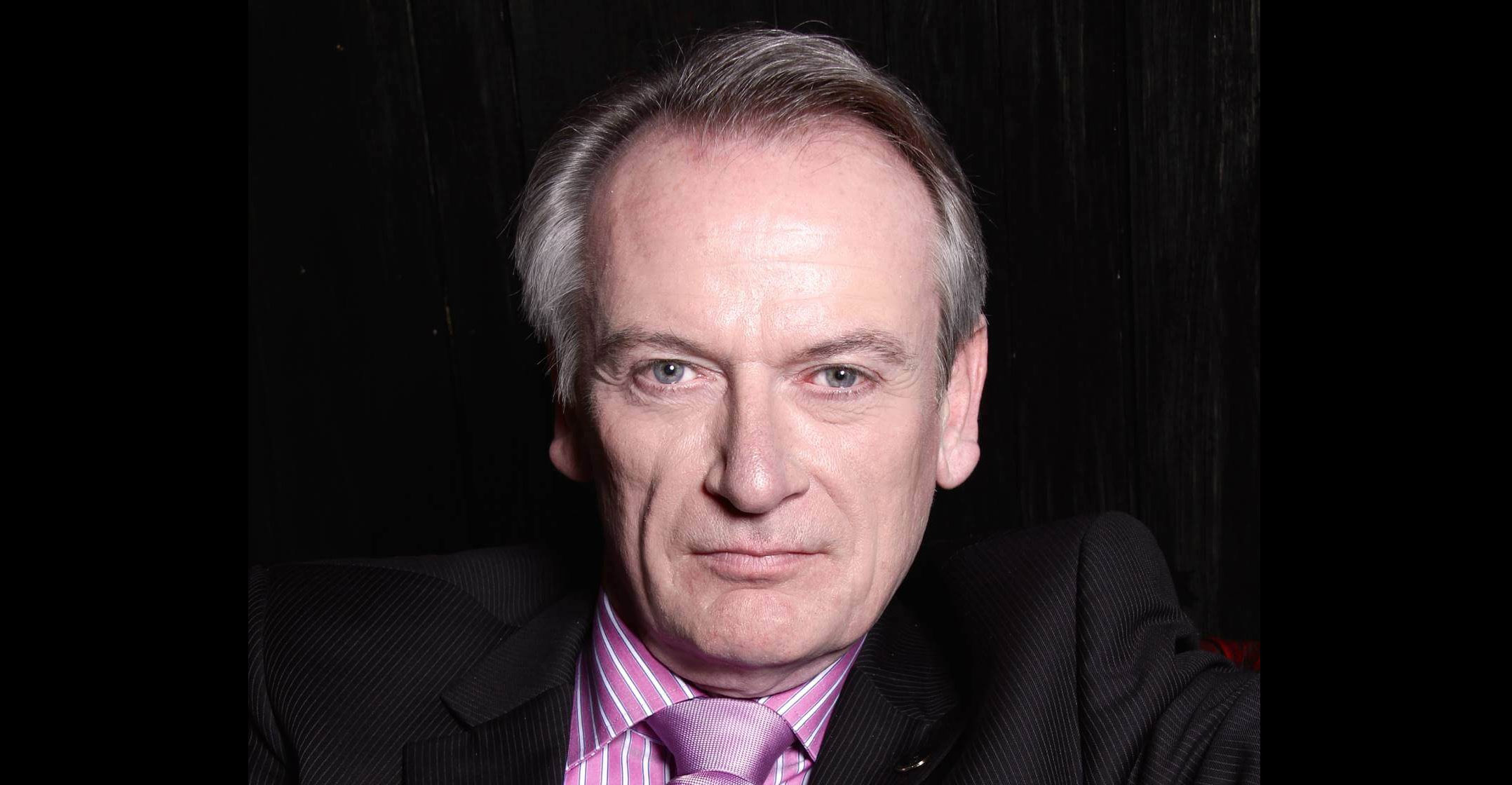
Over the past decade, British author and commentator Chris Skinner has become one of the most influential voices in the world on the future of financial services. He has advised the White House, the World Bank and the World Economic Forum, and he was in South Africa this week to talk to fintech entrepreneurs at an event in Cape Town hosted by AlphaCode.
His primary message was that the traditional role that banks were built for is quickly becoming irrelevant.
“Most of the banks have been built for physical distribution of paper in the industrial era,” Skinner said. “Now we are in digital age that deals with the distribution of data. That’s why money is meaningless. It is no longer a physical asset, it is a digital asset.”
In a digital world, he believes that we are seeing a complete reconstruction of the banking system.
“We are living in a massive revolution of humanity, which is a fundamental revolution,” Skinner argued. “It’s not banking as usual just with technology making it faster and cheaper. It’s actually a complete reconstruction of the whole banking system.”
This is because the ways in which humans build relationships, trade and transact in a digital world are fundamentally different.
“We’re in a world that’s changing very quickly from having industrial era companies that make everything and distribute everything, to digital platforms that make nothing and distribute nothing,” said Skinner. “They just connect people — those that have something with others who want it.”
Hence the often repeated argument that Facebook is now the world’s largest media company, yet it creates no content, and Airbnb is the world’s largest hotel company, yet it owns no rooms.
The question for financial services is what this means for the future of banks, particularly when so many fintech companies are developing outstanding niche products that compete with them in various ways.
Fintech
“I could build a personal financial system today without a bank involved because the capabilities of these fintech companies give me all of the things I need for my asset management, my investments, my trading, without having to have the whole lot delivered by one firm,” said Skinner. “In the open-source, open-banking world you have thousands of fintech start-ups who each do one thing brilliantly, competing with large banks that do a thousand things averagely.
“There is a trade-off there, and it is not fintech versus banks,” he argued. “It’s how do the two come together? And I see the two coming together through a big change in the business model of banking.”
Banks all effectively have three parts — the back office that develops products and provides the administration services; the middle office that provides the infrastructure to transact, connecting the back and front office; and the front office that interacts with customers.

“Historically, in the industrial era, the big banks controlled the whole of that value chain and tried to do all of it,” Skinner explained. “They each do it quite well in some areas, but are average in others, and in some cases they do it really badly.”
Now there are a multitude of fintech companies across each of those areas, each doing whatever they specialise in extremely well. The role of the bank of the future, Skinner believes, is to bring these together.
“The bank’s job, in my view, is to curate the marketplace of specialists, who do one thing brilliantly well, and bring them to me,” he said. “I don’t have the time to integrate a thousand application programming interfaces to build my own bank. I want the bank to bring the best to me and build a bank for me.”
Skinner believes this is going to be one of the biggest challenges for large financial firms, because it requires a complete change in approach.
“My problem with most banks is that when I walk into the boardroom I am greeted by a group of old men,” said Skinner. “It doesn’t have diversity, it doesn’t have youth, it doesn’t have many females, it doesn’t have a lot of vitality.”
The thinking in these banks is therefore not keeping up with the possibilities that the digital age represents. Skinner believes that his will have to change.
“The real problem is legacy leadership, rather than legacy technology,” Skinner argued. “And that needs refreshing.”
- This article was originally published on Moneyweb and is used here with permission

